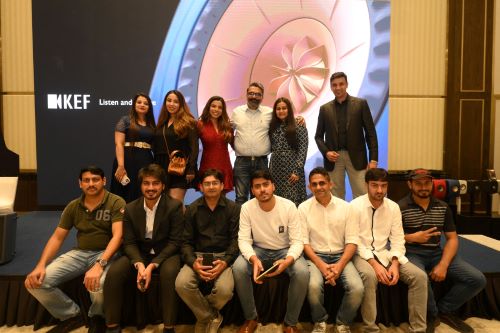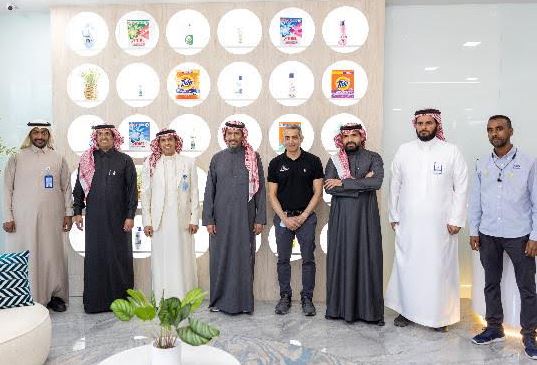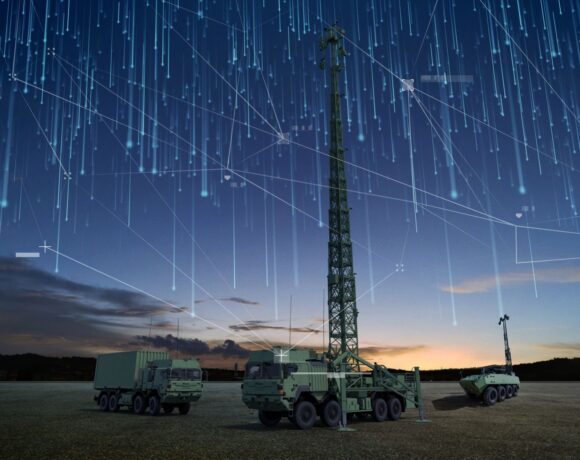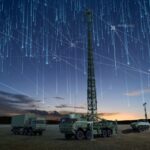Final Winners Announced for All Award Categories and Robotics Competitions at Largest-Ever IROS 2024
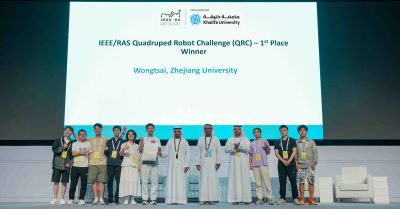
Final winners were announced for all award categories and the robotics competitions and challenges on the penultimate day asgroundbreaking sessions on artificial intelligence, biomechanics, and neuroscience also took center stage at the 36th IEEE/RSJ International Conference on Intelligent Robots and Systems (IROS 2024).
IROS 2024 witnessed today the announcement of winners for challenges including the Earth Rovers Challenge, the IEEE/RAS Quadruped Robot Challenge, the Robotic Construction Challenge, euROBIN Manipulation, Underwater Robotics Challenges, F1 Tenth Autonomous Racing Competition, and the Falcon Monitoring System.
Winners of the ‘Awards by Sponsors’ were announced in the categories including the IROS Best Paper Award on Cognitive Robotics sponsored by KROS, IROS Best RoboCup Paper Award sponsored by RoboCup Federation, IROS Best Application Paper Award sponsored by ICROS, IROS 2024 Best Conference Student Paper Award, IROS 2024 Best Conference Paper Award.
Among the ‘Awards by Steering Committee’, winners were announced for the IROS Fellow, IROS Harashima Award for Innovative Technologies, IROS Distinguished Service Awards, and IROS Toshio Fukuda Young Professional Award. Reviewer ‘Awards’ were also presented.
The plenary talk exploring the ‘Embodiment of AI and Biomechanics/Neuroscience,’ by Professor Yoshihiko Nakamura, Chair of Robotics Department, Mohamed Bin Zayed University of Artificial Intelligence, generated significant interest and discussion among participants on new avenues of research, promising robots with enhanced human-like capabilities.
Beyond the central theme of AI and Robotics, the fourth day of IROS 2024 showcased a wealth of innovation across the robotics and technology field. Six keynote addresses featured a broad spectrum of topics including ‘Frugal AI’, delivered by Professor Barbara Caputo, Politecnico Di Torino, Italy, while ‘TelecomGPT’ was presented by Professor Merouane Debbah, Khalifa University. The ‘Future of generalist robots’ by Dr. He Wang, Peking University, ‘Soft robot control’ by Dr. Jianwei Zhang, University of Hamburg, Germany, and ‘Crossmodal Learning’ by Professor Eric Xing, President, Mohamed bin Zayed University of Artificial Intelligence (MBZUAI), showcased the breadth of current research and innovation.
A series of specialized forums exploring critical issues at the forefront of robotics including ‘Sustainable Medical and Surgical Robotics’ on creating environmentally conscious and accessible medical robots, while ‘Empowering Diverse Voices in Robotics’ fostered discussions on inclusivity and representation within the field. A forward-looking forum on ‘Human-Avatar Symbiosis,’ examined the potential societal impact of remotely controlling multiple avatars. The ‘Moonshot R&D Program Goal 3: Envisioning a Future of Human-Robot Co-Living’ explored the transformative potential of robotics to reshape human lives and living environments, highlighted the broad scope of robotics research and its implications for the future.
Over 80 workshops further enriched the conference and knowledge sharing among experts in legged robot systems, healthcare robotics, human-robot interaction, and numerous other specialized areas. The day’s program encompassed a wide array of specializations, including robot vision, deep learning, robot motion planning, navigation, simultaneous localization and mapping, multi-robot systems and swarms, and aerial systems. Reflecting the diverse and rapidly evolving nature of the field were workshops on marine robotics, multifingered hands, soft sensors and actuators, aerial systems mechanics and control, surgical robotics, imitation learning, and flexible robots.
Last Updated on 5 months by News Desk 2

